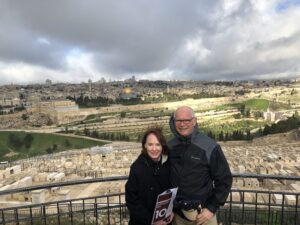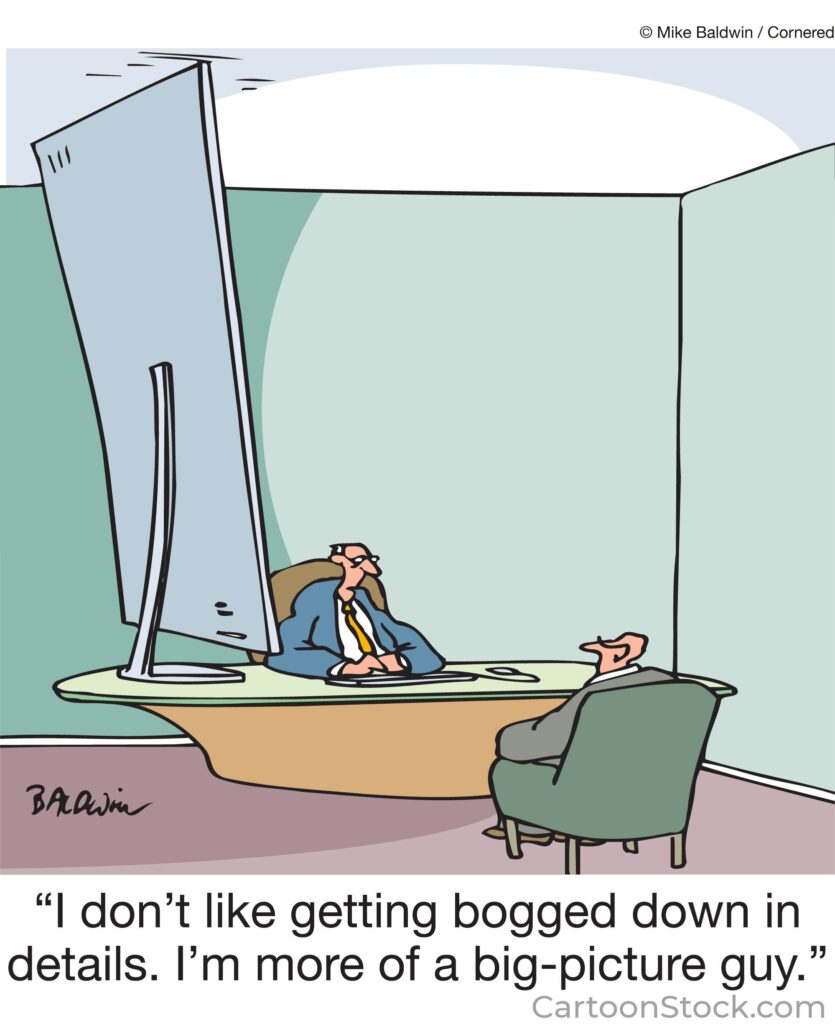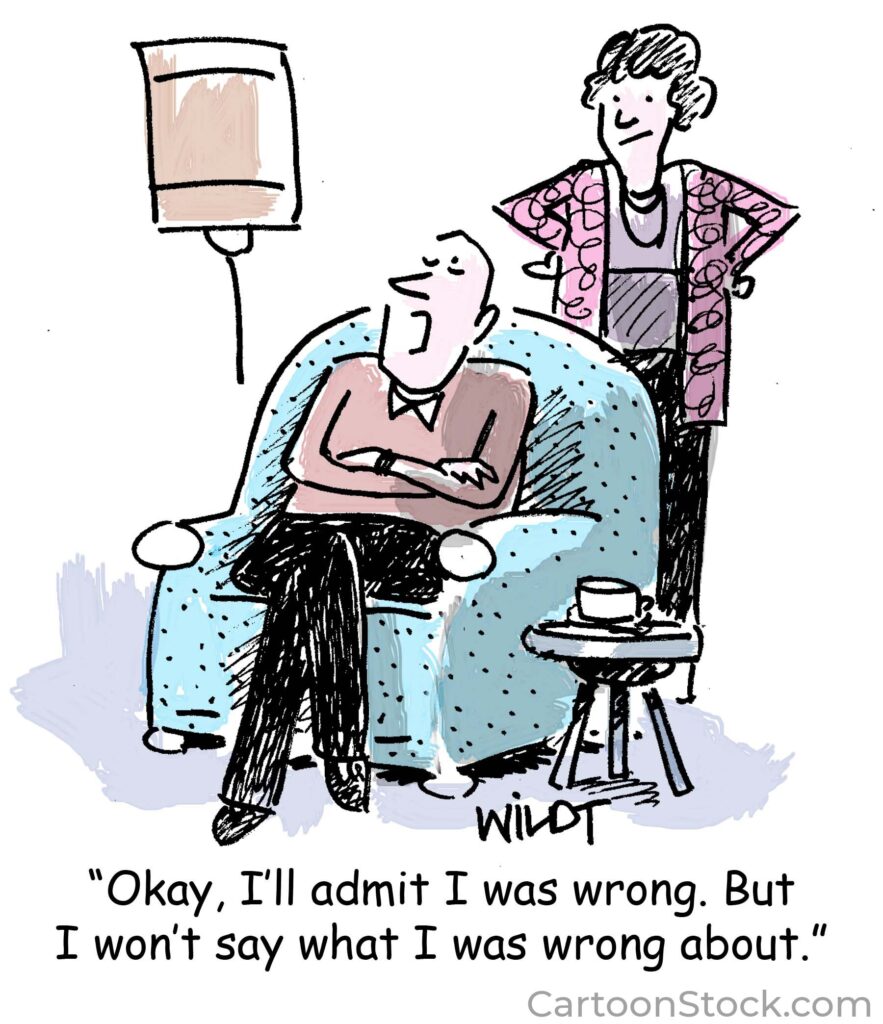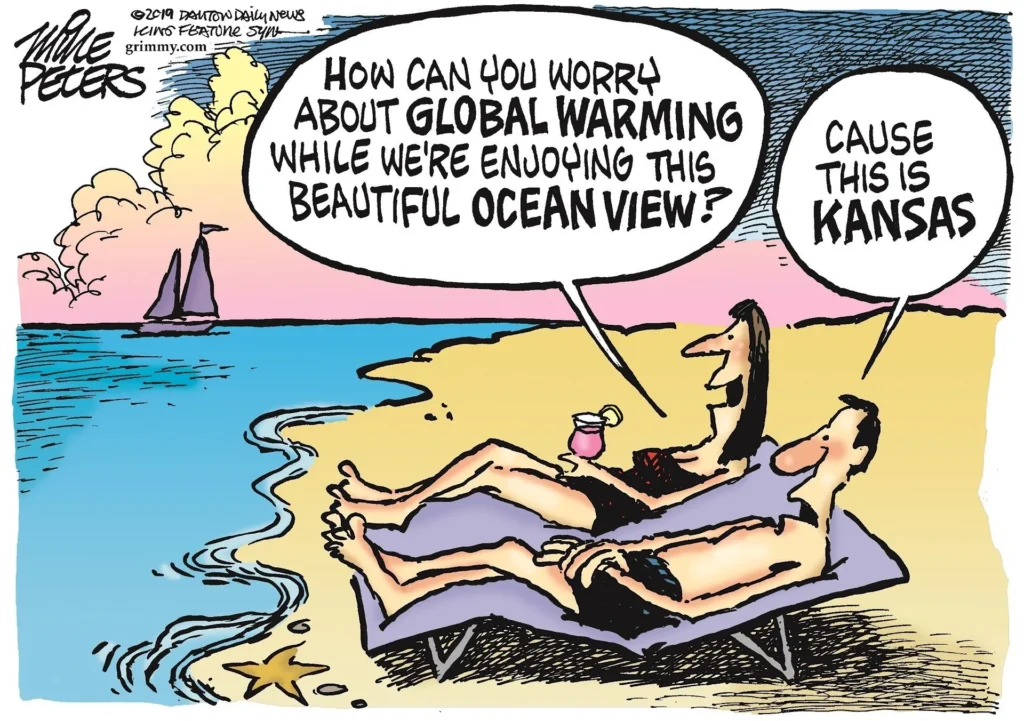
Mary and I arrived in Israel last night. For the next 11 days we’ll serve on the leadership team for Chuck Swindoll’s Insight for Living trip. What a joy and privilege. We love to travel.
In September, I’m hosting a 16-day odyssey to the British Isles. Aboard the 5-star Regal Princess ship, we’ll circumnavigate the United Kingdom, visiting England, Republic of Ireland, Northern Ireland, Scotland and also Paris. It’s limited to 40 guests; only four cabins remain.
Here’s the brochure. If interested please email me soon (djmcminn@msn.com).
I’ll close with four reasons I’m a huge advocate of cruising.
Cruising is a win-win scenario
I like situations in which everyone wins. The opposite is a zero-sum situation in which someone must lose for someone else to win (ex. football, chess). Cruising is a win-win scenario between the company and the customer. When I’m on a cruise ship I often think, “How in the world are they providing this level of luxury service for the price I paid? Free meals and drinks, nightly entertainment, luxury environment, transportation to incredible places.” But the cruise company is making money or they wouldn’t be in business, and I’m a more than satisfied customer. We’re both delighted.
Cruising is the best value in traveling
Recently, I was on a 14-day cruise that ended in Rome. We stayed an extra two days in Rome. As soon we stepped off the boat we were no longer in the all-inclusive bubble that cruises offer. Our taxi from the port to the center of Rome was $140, lunch was $60, dinner was $100, our hotel costs $300 per night. The two days on land costs 1/3 of what our entire 14 day cruise cost.
Cruising is convenient
The ship transfers you from one port of call to the next—during the night—which saves time and money We went to sleep in Palma Mallorca, Spain and woke up in Toulon, France. The next morning we were in Florence, Italy. It would have taken days to travel from one country to another via ground transportation, but when cruising, the ship travels while you sleep. On the fall trip to the British Isles we’ll visit London, Portland, St. Peter Port, Cork, Belfast, Glasgow, Invergordon, Newcastle-upon-Tyne and Paris without ever having to fly or drive from one destination to another.
Another convenience is not having to move between different hotels, constantly packing and repacking. On the fall trip you’ll unpack your suitcase the first day on the ship and not bother with it again for twelve days.
Cruising is a microcosm of how life should work
Cruise ships are the best run organizations on the planet.
-
-
- Everything is on time—if the ship is scheduled to dock at 7:10 a.m., at 7:10 a.m. you’ll feel a gentle bump when the ship contacts the pier. If dinner starts at 6:30, the doors open at 6:28 and you’re seated by 6:30.
- All employees are efficient and effective, work with a good attitude, and enjoy what they do.
- Every aspect of the ship is well organized: meals, shops, shore excursions, communication…it runs like a Swiss watch.
- The ship is immaculate. Each cabin is cleaned two times a day and common areas are constantly cleaned.
- Safety is prioritized. Processes are in place that keep you safe and secure.
I hope you’ll join me in September. (BTW, currently, there are no Covid restrictions for travel.)
Don




